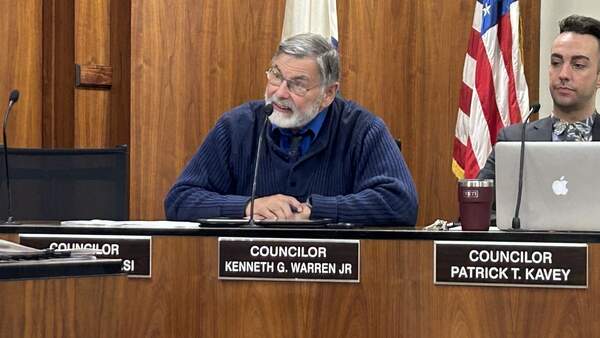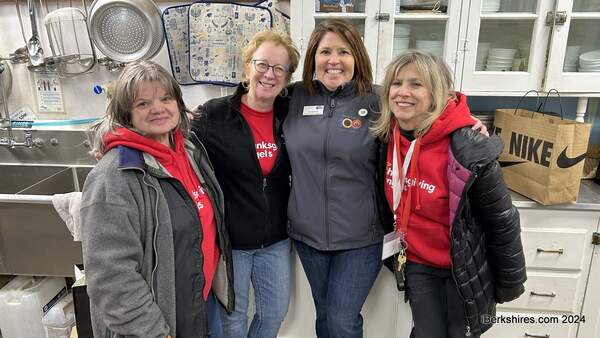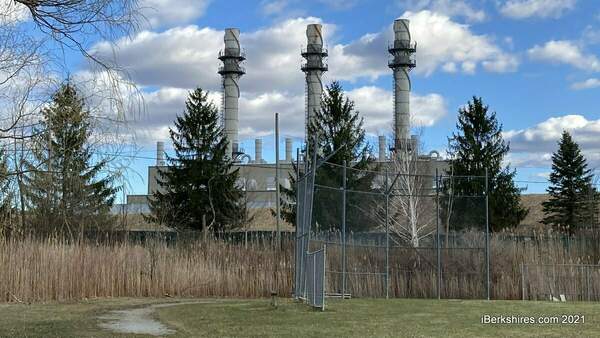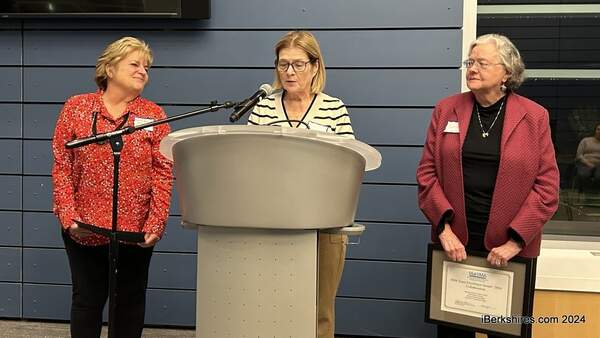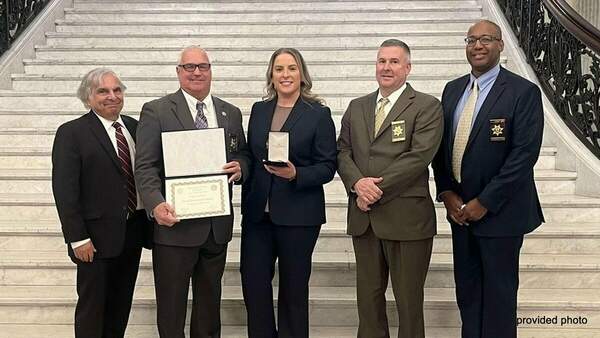
Pittsfield Considers Styrofoam Ban
|
|
PITTSFIELD, Mass. — The City Council is looking to gather more data as it examines a controversial proposal to prohibit the use of Styrofoam containers in local restaurants.
The council's Committee on Ordinance and Rules voted unanimously Monday to continue deliberation on a petition brought forth by resident Rinaldo Del Gallo earlier this year, following a public hearing in which advocates for and against the ban disputed scientific and other concerns.
"I think it's not going to hurt business, I think that people are scared that shouldn't be," Del Gallo told the committee Monday. "I think most people are for it."
"It looks to be something whose time has come," agreed Mark Miller, who pointed to other communities in Massachusetts (including Amherst, Nantucket, and Great Barrington) and in other states that have adopted similar measures. Most recently, residents of Brookline also voted in favor of a ban at their November town meeting.
According to the Dart Container Co., a national manufacturer of the polystyrene material, though, notions that the material is dangerous or non-recyclable may be misleading.
"Our position is that a ban doesn't do anything," said Martin Fisher, a representative of Dart who urged the city to examine options for recycling rather than prohibiting "a substance that has been in use for many years, is safe, and that in our society is convenient and used for many purposes."
"All we would ask is for an open transparent process in which we are part," said the Dart representative, who complained that the Brookline process had presented little opportunity for the company to offer arguments against the ban. The company has urged against bans in other towns and cities in recent years, and maintains a website in support of the economic benefits and environmental safety of polystyrene.
Jane Winn, a scientist who heads the Berkshire Environmental Action Team, called the synthetic polymer "extremely toxic," citing a 2011 report by the state Department of Health and Human Services that classed the substance as "reasonably anticipated to be a human carcinogen."
"There is no practical way to recycle Styrofoam, especially food-related Styrofoam that pick up greases and oils," said Winn, who said her main concern was with the impact the discarded polystyrene waste has on the local environment.
"Keep in mind, anything that ends up on the streets is going to end up in the river," Winn told the committee, "Anything that ends up in the river, if we don't get it out, ends up in the ocean."
Even polystyrene that makes it into the trash may pose health risks. Pittsfield incinerates waste products at temperatures of less than 800 degrees, during which as many as 90 different chemical byproducts of the foam may be released into the air.
"I would recommend that whatever your decision is, that it involve an awful lot more research so that we can educate ourselves as a community," said Del Gallo.
Councilor John Krol said it would be good to get more objective scientific evidence. "My threshold is essentially, is it good for the environment, or whether Styrofoam is bad for the environment."
"My gut tells me that we should probably be banning this, that it is a carcinogen" said Councilor Barry Clairmont, who nonetheless concurred with the other councilors that more information was needed. He also wondered whether a local ordinance was the correct way to approach the problem.
Subcommittee Chairwoman Melissa Mazzeo said the purpose of Monday's meeting was to give more of the public the opportunity to weigh in, and to continue to send them information and refer them to additional experts who could speak to the issue.
"We aren't scientists, so we're trying to read what you're sending us," said Mazzeo, "We also need information from the public, too, about getting the scientists here, and helping us figure out how we go forward in getting the information that we want to get."
Tags: ban, ordinances, polystyrene , Styrofoam,

 Rinaldo Del Gallo addressed the subcommittee in support of a ban on Styrofoam. Del Gallo petitioned the City Council to take up a ban.
Rinaldo Del Gallo addressed the subcommittee in support of a ban on Styrofoam. Del Gallo petitioned the City Council to take up a ban.